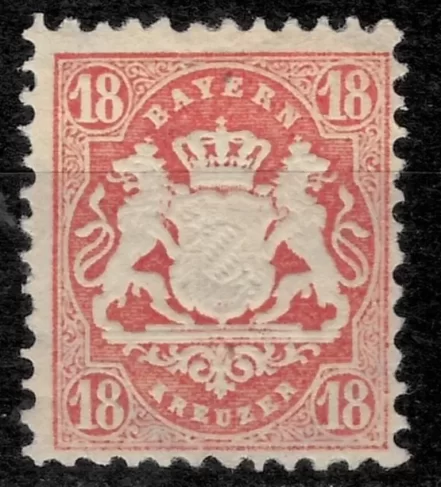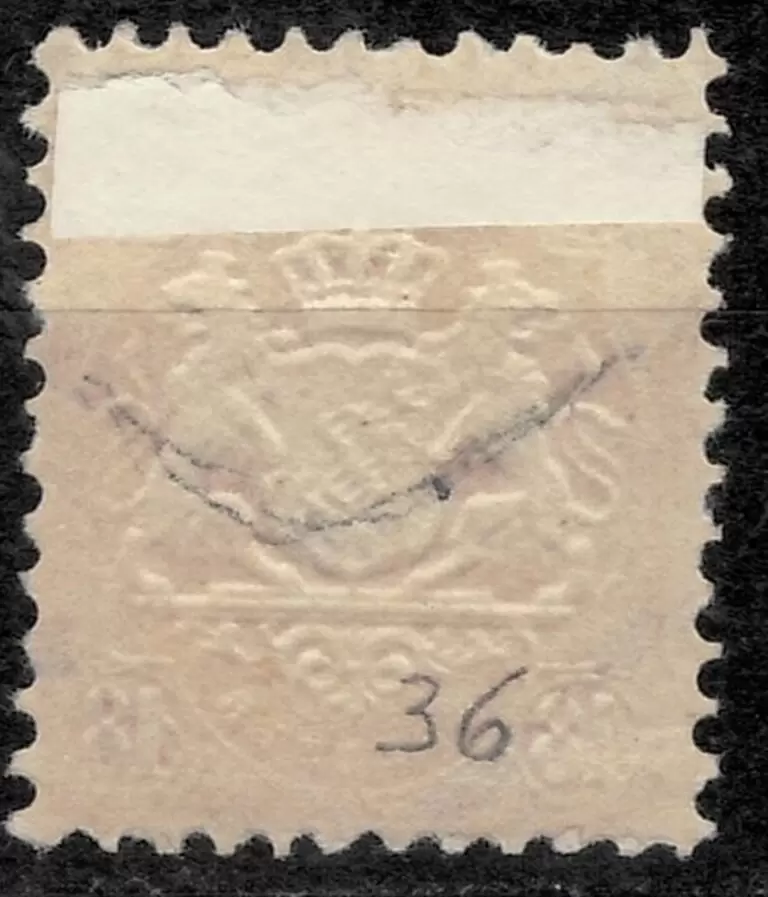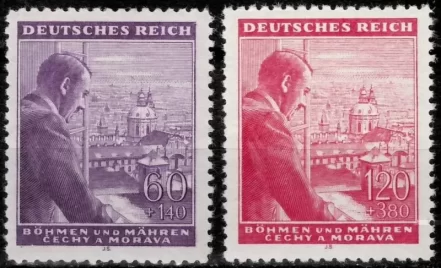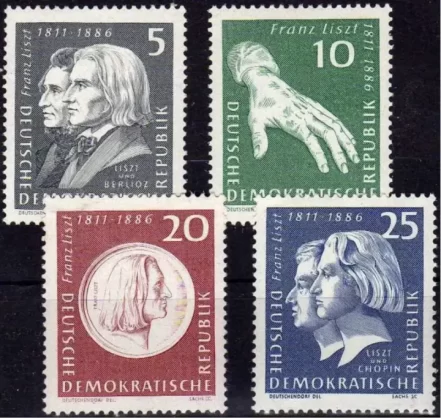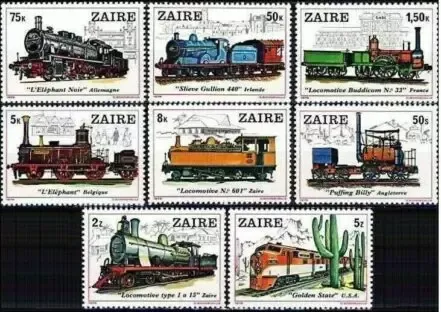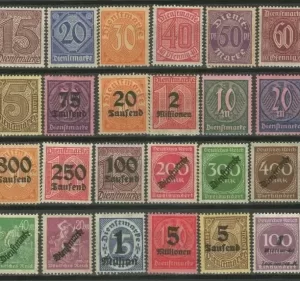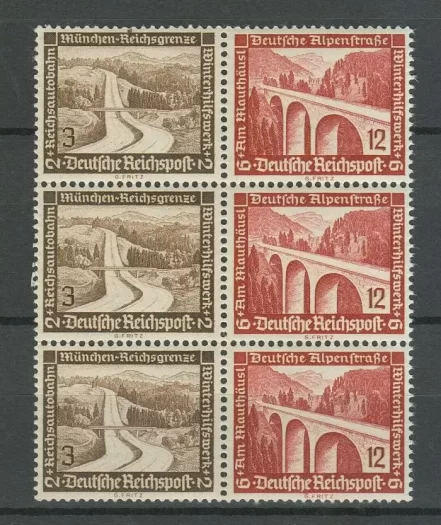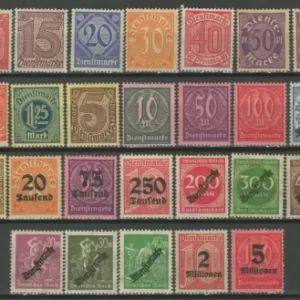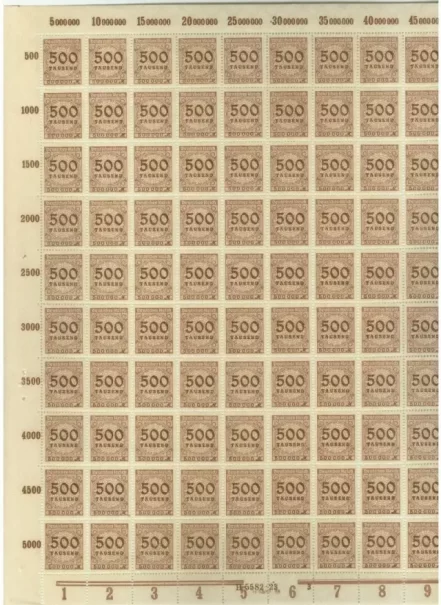Old Germany / Bavaria Bayern 1875 Mi 36 MH stamp
Bavaria, officially known as the Free State of Bavaria, holds a significant place in German history, with roots stretching back to Iron Age Celtic tribes. Over time, it transitioned through various political entities, from Roman conquests to the Holy Roman Empire, before emerging as an independent kingdom in the 19th century. Despite its integration into the German Empire in 1871, Bavaria maintained a distinct identity, fueled by its Catholic heritage and conservative traditions.
The relationship between Bavaria and the rest of Germany has been complex, marked by tensions and aspirations for autonomy. Bavarian nationalists, displeased with the loss of independence to the predominantly Protestant Prussian-led German Empire, sought avenues to regain sovereignty. This sentiment persisted into the 20th century, with political parties advocating for Bavarian independence.
Culturally, Bavaria boasts a rich heritage, influencing language, cuisine, architecture, and festivals. Artists like Wassily Kandinsky and Paul Klee flocked to Bavaria, particularly to Munich’s Schwabing district, a hub of international artistic activity.
The aftermath of World War I witnessed significant political upheaval in Bavaria, including the abolition of the monarchy and the establishment of the Free State. The era was marked by the rise of extremist movements, notably the Nazi Party, although their electoral success in Bavaria remained limited initially.
During World War II, Munich suffered heavy bombing, and Bavaria found itself under Allied occupation. Despite this, Bavaria chose not to sign the founding treaty for the Federal Republic of Germany in 1949, reflecting its reluctance towards the division of Germany. While the Bavarian Parliament did not initially sign the Basic Law of Germany, it ultimately came into force in Bavaria, albeit with reservations regarding the distribution of powers among the states.
Bavaria’s journey through history reflects a blend of tradition, resilience, and occasional friction with the broader German political landscape, shaping its unique identity within the nation.

